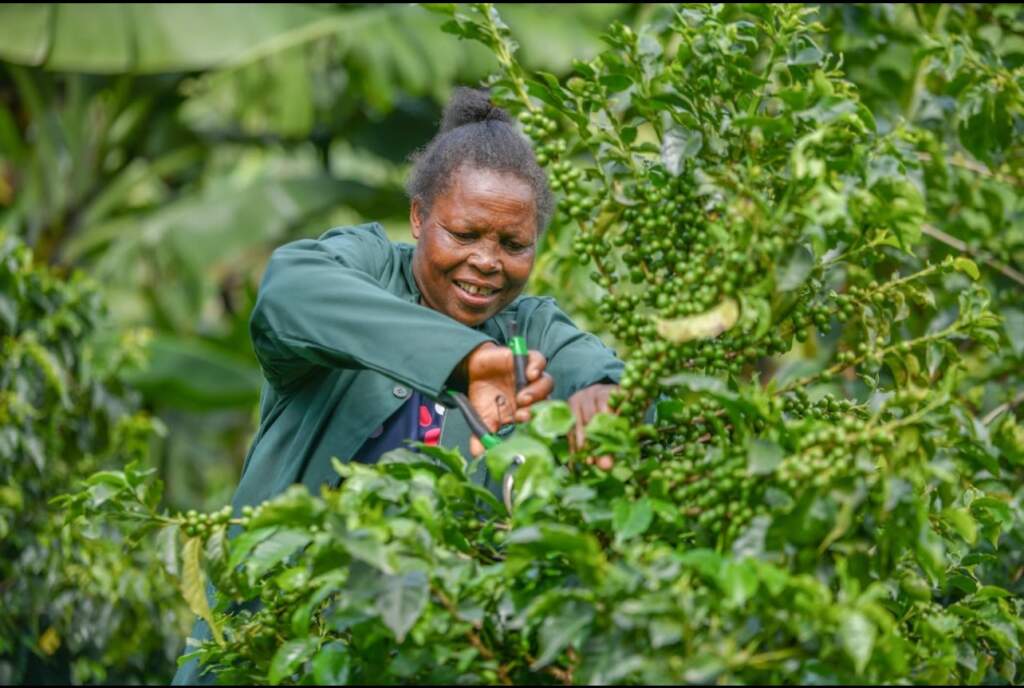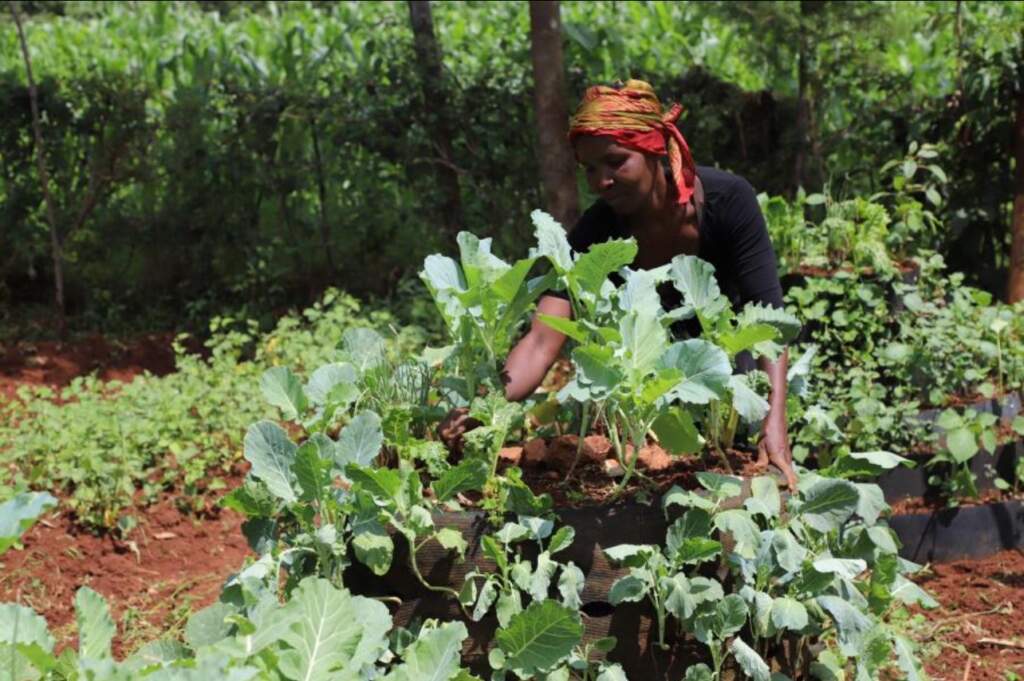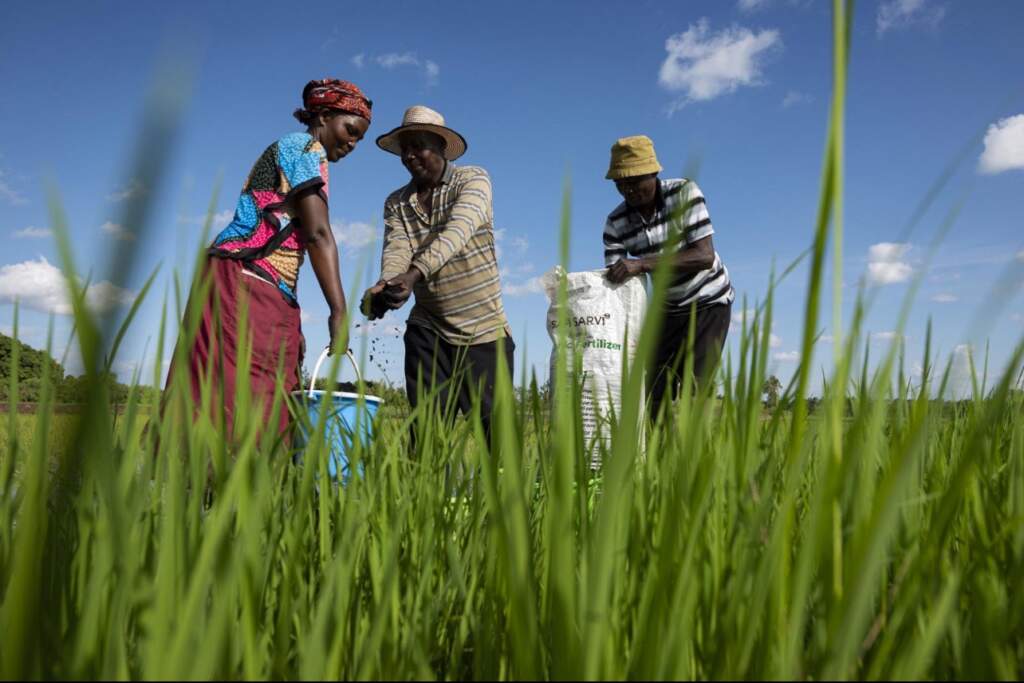
Digestate with biochar: an organo-mineral composite for sustainable agriculture
Digestate with biochar and glauconite is an innovative organo-mineral composite for reducing nutrient losses, prolonged plant nutrition, and increasing soil fertility.
In a world where people are increasingly mindful of what they eat, Kenya is making a serious bet on organic farming. And the numbers speak for themselves.
Back in 2007, there were only 8,000 organic farms in Kenya.
In 2022, there will be 62.6 thousand of them! And the area of certified organic land has increased from 84.5 thousand hectares to 171.3 thousand hectares.
Yes, so far this is only 0.61% of all agricultural land in the country, but the trend is obvious: farmers are switching to clean methods that bring profit and preserve the soil.

Organic products from Kenya are increasingly appearing on European shelves.
In 2019, exports to the EU amounted to 4.5 thousand tons, and in 2020 – 9.5 thousand tons. Avocados account for the lion’s share – more than 70% of supplies.
This means one thing: the world is willing to pay more for Kenyan organics
In Kenya itself, there is a growing appetite for healthy food. Today, there are 347 certified organic products, of which 222 are vegetables.
Demand exceeds supply: for example, organic bananas, passion fruit, or broccoli are grown half as much as the market wants.
And consumption in cities (Nairobi, Mombasa, Kisumu, Eldoret) has increased by more than 25% since 2020.
This is not just a fashion, but a way to improve the health of the nation. After all, today’s chemical “cocktails” in the fields are a serious threat to health. It is not for nothing that even Kenyans themselves complain: “Pesticides are sprayed twice a week, we are actually eating chemicals.”

Of course, it’s not that simple:
However, in the long term, farmers earn 20–50% more thanks to premium prices.

Organics for Kenya are:
Kenya is already among the world’s top tea producers, and a transition to organic methods here could make the country a leader in the organic products segment as well.
Organic farming in Kenya is a chance to simultaneously improve the health of the nation and make money on the global market. The demand is there, the numbers are growing, and farmers are proving that organic can be both profitable and delicious.

Digestate with biochar and glauconite is an innovative organo-mineral composite for reducing nutrient losses, prolonged plant nutrition, and increasing soil fertility.

Soil degradation and water pollution are increasingly merging into a combined environmental crisis, especially in arid and post-industrial regions.

Introduction Among the promising and ecologically acceptable methods of environmental restoration, priority is given to biological approaches (bioremediation, phytoremediation), i.e., the purification of soils and…